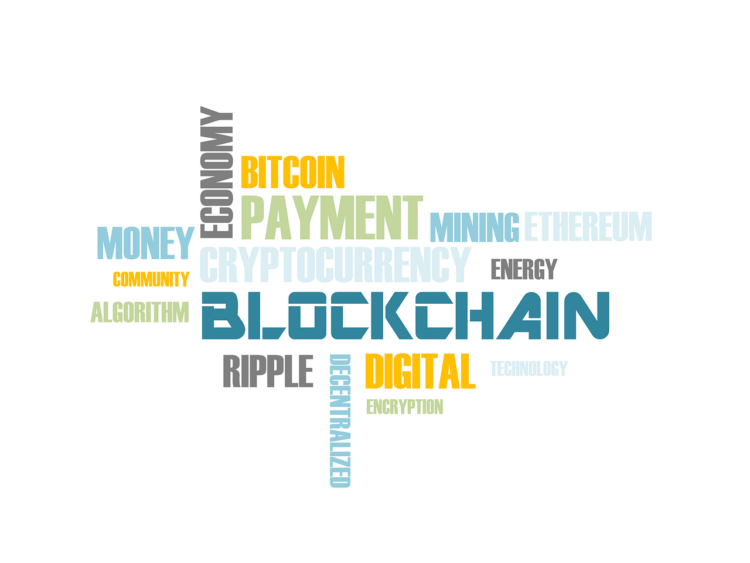Four Nigerian banks – Access, Providus, Sterling and First Bank – are collaborating with others to unveil cNGN token, a new stablecoin aiming to take decentralized finance to a new level.
They are to operate under the name, “Africa Stablecoin Consortium (ASC)”. ASC is a consortium of Nigerian financial institutions, fintechs, and blockchain experts.
The launch date for cNGN
In a now-deleted blog post, the cNGN was scheduled for launch on February 27, 2024, after it got a nod from Nigeria’s apex bank.
At the time of updating this post, ASC has deleted the announcement for the launch date: https://asc.africa/blogs/cngn-launch
But it earlier stated that it met the regulatory standards and requirements set by the CBN, the Nigerian Securities and Exchange Commission (SEC), and the Nigerian Financial Intelligence Unit (NFIU).
Is it replacement for eNaira?
The new cNGN stablecoin isn’t designed to compete with eNaira, a Central Bank Digital Currency, launched by Nigeria’s apex bank on October 25, 2021. It is to complement the CBDC, which is now a failed project due to abandonment by Nigerians.
How the cNGN Stablecoin will work
According to sources, cNGN will be pegged to the value of Nigeria’s fiat currency Naira, but I think it should be pegged to the U.S. Dollar (will come back to why cNGN should be backed by USD later).
It is similar to other stablecoins such as Tether USDt which is pegged against the US Dollar and XAUt which is pegged against physical gold.
A cNGN will be equivalent to N1.00, which will be held by the four financial institutions.
cNGN will boast interoperability capabilities with other public blockchains, enabling cross-border transactions in a faster and more seamless way.
Partners of the cNGN Project
While the physical value of the token will be held in the four Nigerian banks, other partners in the project include Korapay (a pan-African payment infrastructure), Interstellar, Interswitch, Budpay, and Convexity.
The news about cNGN came barely 24 hours after Nigeria’s apex bank lifted a ban on crypto-related transactions, which it barred in February 2021.
Its networks
Like Tether USDt which operates on six different networks, cNGN is built on Ethereum, Bantu, Tron, Polygon, and Binance smart chain.
It was gathered that some major banks will serve as licensed custodial for the cNGN token.
Interestingly, the four banks spearheading the project are old-generation banks that have embraced technology except Providus Bank, which was founded in June 2016.
Will cNGN Token Be Pegged To Dollar or Naira?
I have my doubts about the reports that cNGN token will be pegged to Naira because the Nigerian currency is not stable, it is one of the unstable currencies globally right now.
Why cNGN should be pegged to the US Dollar
Personally, I think the new stablecoin should be backed by the U.S. Dollar. USD is more stable than the Nigerian currency.
And it is when the new cNGN stablecoin is backed by a more reliable fiat currency that the value of the new token can be sustained.
From all indications, this is an attempt to make remittances easier and simpler.
This means Michael in Texas can easily send dollar to his sister (Emmanuelle) in Nigeria through the cNGN token.
In this case, the Central Bank of Nigeria will serve as the middleman, who will issue the tokens at a nice spread.
If you like, call it the “dollarization” of Nigerian economy. But in real sense, it is when cNGN is backed by Dollar that the new token can go global.
On the blockchain technology, the USD – through the cNGN token – will become Nigeria’s legal tender.
It’s launch will officially end the failed eNaira project.
It’s a win-win situation.
Investors can save their money in cNGN rather than Naira that swings every second.
As for the Nigeria’s economy, pressure on the naira, due demand for dollar, will drastically reduce; because the new stablecoin can easily be used for online transactions without having to touch the physical dollar.
For the real estate developers and property sellers in Lagos and Abuja, who are targeting the global investors or buyers, they can quote value of their property in cNGN token instead of USD.
The government can easily bring this sector into the tax net in form of property tax.
CBN’s attempt to join blockchain revolution
In 2021, specifically eight months before CBN launched its digital coin – eNaira – it barred banks from facilitating crypto transactions and freezing accounts of traders that it believed violated its anti-crypto rules.
While the ban initially affected exchanges operating in the Nigerian region, they later found their way around the autocratic rule.
But Nigeria’s crypto community continued to grow despite the ban, making Nigeria’s government lose in terms of revenue that would have come in through gain tax.
We’ll see how the cNGN project will work when it is fully deployed in 2024.


